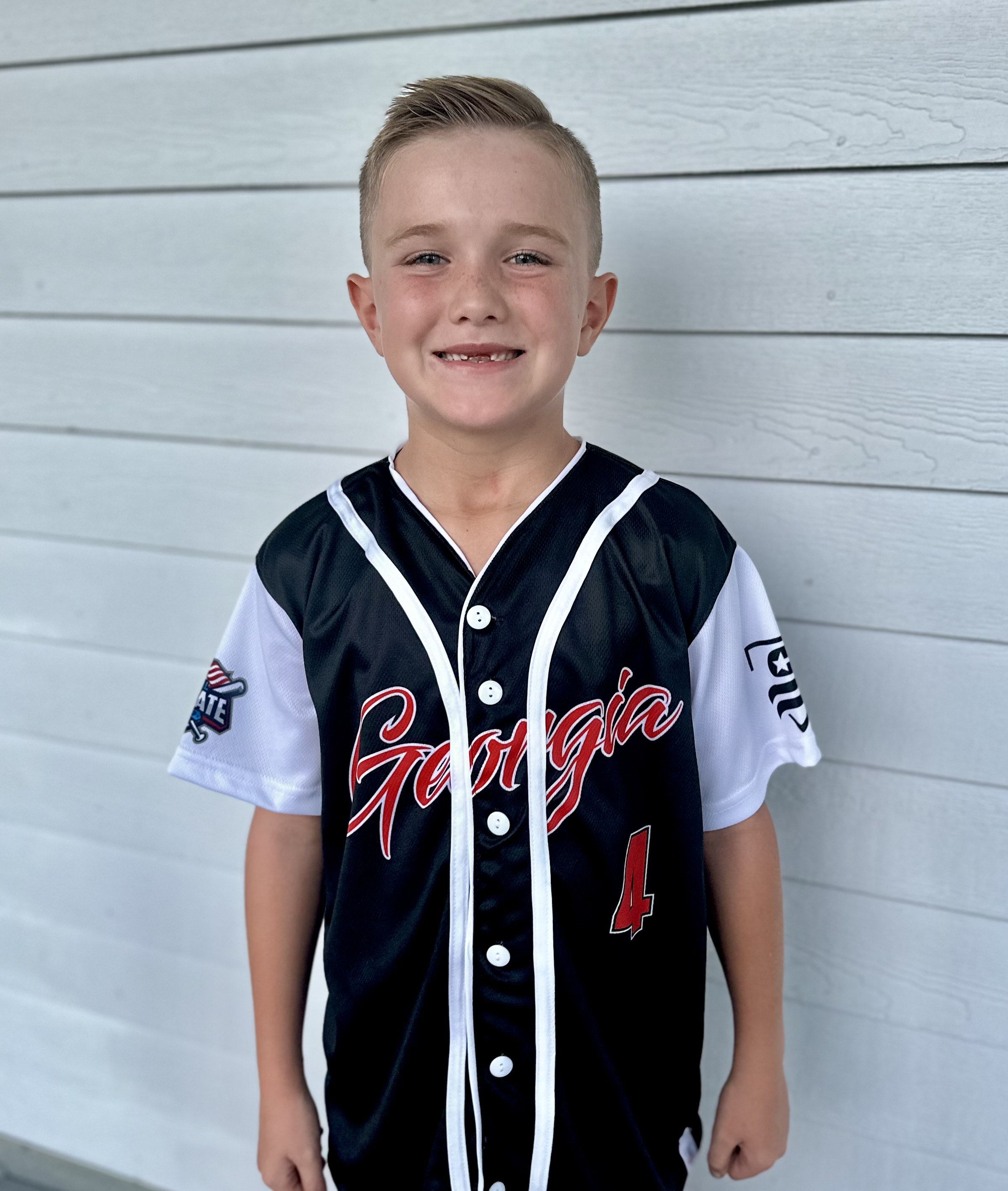EDITORIAL: Dyslexia needs our attention
Published 9:00 am Sunday, March 31, 2019
So, $100,000 may seem like a lot of money.
But it’s not.
Trending
At least not when it comes to helping hundreds of thousands of children in Georgia who struggle with a major challenge to their education.
Georgia needs to do more to help families coping with dyslexia.
According to the Southern Regional Education Board, between 190,000 to 380,000 students in Georgia have some form of dyslexia.
Only a small percentage of those students are receiving the help they need.
Most who are receiving help are overcoming the challenges because their parents had the knowledge, the will and the means to seek it out.
Not everyone is so fortunate.
Trending
Young people who suffer from dyslexia have major challenges learning to read and write.
Reading and writing are essential to all academic success.
Students with dyslexia almost always quickly fall behind and seldom are able to catch up, unless they get the assistance they need.
Georgia is among only a handful of states that have no policies for addressing the problem.
Up until now, Georgia has simply not addressed the issue.
A group of state lawmakers are trying to change that and we applaud their efforts.
We encourage our legislative delegation to get behind the push.
The Senate passed a measure this week that would require elementary school teachers to undergo training and would set up a pilot program meant to help the state explore the types of early reading remediation available and how to best identify the students who need it.
The bill was paired with a resolution encouraging local school officials to recognize the “profound educational impact” of dyslexia. Rep. John Corbett carried the resolution and, again, we applaud the fact he has stayed with this issue and demonstrated a commitment to serve the underserved.
But the bill and the resolution just don’t go far enough.
Under the plan, the state would fund a $100,000 pilot program.
Frankly, that is a drop in the bucket of what is needed.
Every school in Georgia should offer prescreening and intervention by qualified experts and coaches.
State, federal and local funds are needed and kicking the can down the road with a pilot program — while an important first step — does little to help the hundreds of thousands of Georgia children sitting in classrooms right now, struggling to read their assignments.





